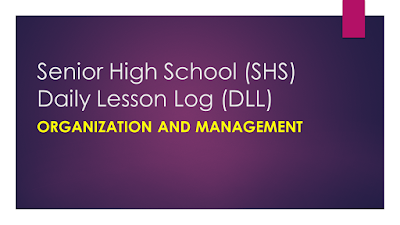 In customer service and engagement, technology is a terrific tool, but it’s still the people that make all the difference. This is especially true for social media where being sincere, open, collaborative, interested, authentic and likeable still can’t yet be duplicated by a program or bot. Don’t think the human touch makes that much of a difference? Well recently, NPR ran an experiment using its Twitter profile which typically auto-tweets news headlines from its RSS feed.
In customer service and engagement, technology is a terrific tool, but it’s still the people that make all the difference. This is especially true for social media where being sincere, open, collaborative, interested, authentic and likeable still can’t yet be duplicated by a program or bot. Don’t think the human touch makes that much of a difference? Well recently, NPR ran an experiment using its Twitter profile which typically auto-tweets news headlines from its RSS feed.
For five days, NPR put a live person in charge of its account, and the results were pretty amazing. According to the data collected, the links and tweets shared by a live person at @nprnews were clicked on nearly 100,000 more times than the links shared via auto feed.
There was also a 45% increase in overall visits to the website via Twitter, and the @nprnews account gained 5,010 followers during the time a real person was tweeting and engaging – a 14% increase from the amount gained the week before.
While NPR may not be a B2B or B2C brand, the H2H (Human 2 Human) impact cannot be denied. People appreciate human responsiveness and engagement.
Social Customer Service Agents: More Than Meets the Eye
Beyond bringing personality, there’s much more than meets the eye when it comes to social engagement, especially when it comes to customer service.
According to Gartner analyst Jenny Sussin, social customer service involves not only solving customer service problems, but gathering customer service feedback, enabling self-service via social media, building relationships and customer retention, developing knowledge articles, sharing consumer alerts, peer-to-peer support and gathering data to enhance contact information.
Sussin noted recently at the 2014 Gartner Customer 360 Summit, that while the best social customer service reps are responding and engaging for their brands, they’re also doing much more than that. They’re:
- Deflecting customer service calls
- Decreasing support costs
- Increasing customer retention
- Improving customer satisfaction
- Actively engaging influencers
- Crafting the customer experience
- Identifying opportunities
- And building brand loyalty.
5 Skills that Make a Great Agent
Sussin also identified five top skills that make for a great social agent, noting that it’s more than just saying something when a customer tweets or posts a comment; it’s what you say, how you say it and following through:
- Social Dialogue: the skills to determine and deliver brand cadence, content and messaging on various and unique social media channels.
- Personality: brand communication skills that embody and convey a brand’s personality.
- Communication Strategy: skills to identify the appropriate social media channels that should have a great focus and presence.
- Persuasion: the ability to bring complex conversations seamlessly offline.
- Management: the skills to manage, maintain and prioritize multiple conversations on different channels.
According to Sussin, some people have it and some people don’t, but from the NPR case study above, as well as from past social automation gone wrong stories, having some people is the first step to social customer service and engagement success.
Get good ones, and then recognize the great ones for all they’re delivering beyond a response.



















